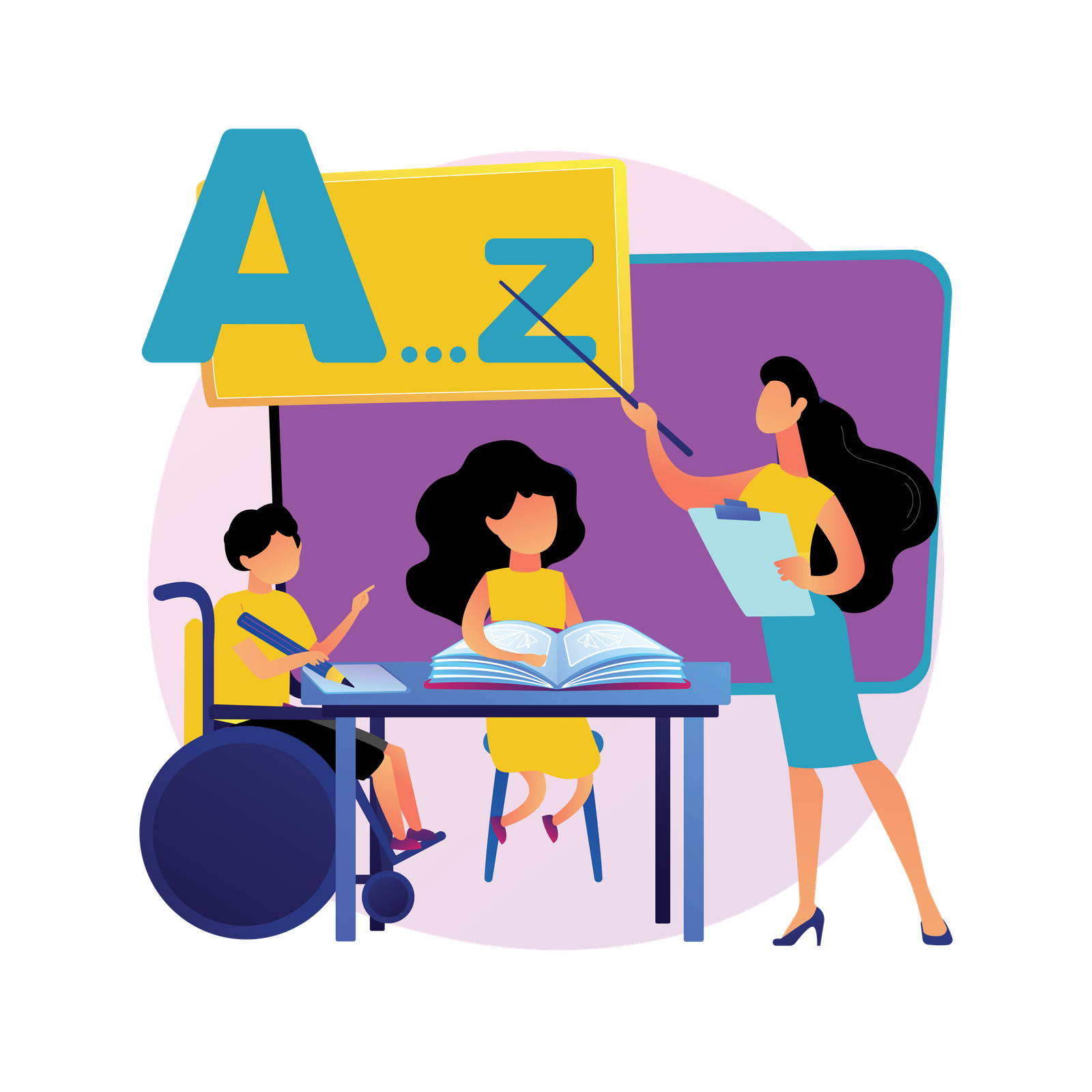+91 78889-76762
Children learning disabilities
A healthier choice for a healthier you.
Children learning disabilities
Children learning disabilities

Why Children learning disabilities therapy important?
Early Identification and Intervention
Many learning disabilities can be effectively managed if identified early. Therapy helps in diagnosing these conditions early on, allowing for timely intervention, which can significantly improve educational and developmental outcomes for children.
Improving Educational Outcomes
Children with learning disabilities often struggle in traditional educational settings. Therapy provides tailored strategies and support to help them overcome these challenges, improving their academic performance.
Inclusive Education
Effective therapy supports the broader goal of inclusive education, ensuring that children with learning disabilities can participate fully in mainstream educational settings alongside their peers.
why we need paid Children learning disabilities thearpy
why we need paid Children learning disabilities thearpy
Access to Qualified Professionals
Paid therapy ensures that children receive support from trained and experienced professionals, such as special educators, psychologists, or occupational therapists.
Consistent and High-Quality Care
Paid services often provide consistent, reliable, and high-quality care. Therapists can dedicate time and resources to creating and implementing effective treatment plans, which might not be feasible in free or less structured settings.
Resource Availability
Paid services usually have access to a range of resources, tools, and technologies that enhance the therapeutic process. These might include specialized educational materials, assessment tools, and therapeutic aids.
Parental Guidance and Training
Many paid therapy programs include training and support for parents, helping them understand how to assist their child’s learning at home. This holistic approach involves families in the therapy process, which can lead to better outcomes.
Reduced Wait Times
Paid services can sometimes offer quicker access compared to free services, which may have longer wait times or limited availability. This timeliness can be crucial for effective intervention.
Why You Need Relationship Counseling?
Why You Need Relationship Counseling?
Customized Learning Strategies
Each child’s learning disability is unique. Therapy provides tailored strategies and interventions that address the specific needs and strengths of the child, leading to more effective learning.
Building Essential Life Skills
Organizational Skills Therapists often work with children on organizational and time-management skills, which are crucial for academic success and daily life.
Enhancing Family Support
Therapy often involves educating and training parents on how to support their child’s learning at home. This can help create a supportive environment that reinforces the child’s progress.
Improving Long-Term Outcomes
By addressing learning disabilities, therapy helps children achieve their full potential, which can lead to better educational and career opportunities later in life.
Ensuring Comprehensive Care
Regular assessments and adjustments in therapy ensure that the interventions remain effective as the child grows and their needs change.
How to Choose the Best Therapist for Your Needs
Qualifications and Experience
Look for therapists with relevant qualifications, such as degrees in special education, psychology, or occupational therapy, and certifications in working with learning disabilities.
Approach and Techniques
Ensure the therapist uses evidence-based methods and techniques that are appropriate for your child’s specific learning disability. Ask about their approach and how they tailor interventions to meet individual needs.
Compatibility and Rapport
The therapist should be someone your child feels comfortable with. A good rapport between the therapist and your child can significantly impact the success of the therapy.
Read Reviews and Testimonials
Check online reviews and testimonials from other clients. This can give you insights into the therapist’s approach, effectiveness, and how comfortable others have felt during their sessions. Positive feedback and recommendations can be a good indicator of a therapist’s competence.

5.0Top Rated Serviceverified by TrustindexTrustindex verifies that the company has a review score above 4.5, based on reviews collected on Google over the past 12 months, qualifying it to receive the Top Rated Certificate.
The professional, licensed, and vetted Psychologist who you can trust.
FAQs About Child Therapy
Learning disabilities are neurological conditions that affect the brain's ability to process and interpret information. They can impact skills such as reading, writing, mathematics, and problem-solving, making it challenging for children to perform at the same level as their peers.
Signs of learning disabilities can include difficulties with reading, writing, or math, trouble following instructions, poor memory, and issues with organizational skills. If you notice persistent difficulties in these areas despite appropriate instruction, it may be worth consulting a specialist for a comprehensive assessment.
Learning disabilities are typically diagnosed by educational psychologists, special education teachers, or developmental pediatricians. These professionals use a combination of tests, observations, and interviews to determine if a learning disability is present.
Therapy for learning disabilities is designed to address the underlying issues affecting learning, not just the symptoms. It involves customized interventions based on a child’s unique difficulties, whereas regular tutoring might focus on general academic support without addressing specific learning challenges.
The duration of therapy varies depending on the child's needs, the severity of the learning disability, and the goals of the intervention. Some children may see improvements in a few months, while others may need ongoing support over several years.
Many children with learning disabilities can make significant progress with therapy and develop strategies to manage their challenges effectively. While some may need continued support during their education, many can achieve a level of independence in their learning and daily activities.
